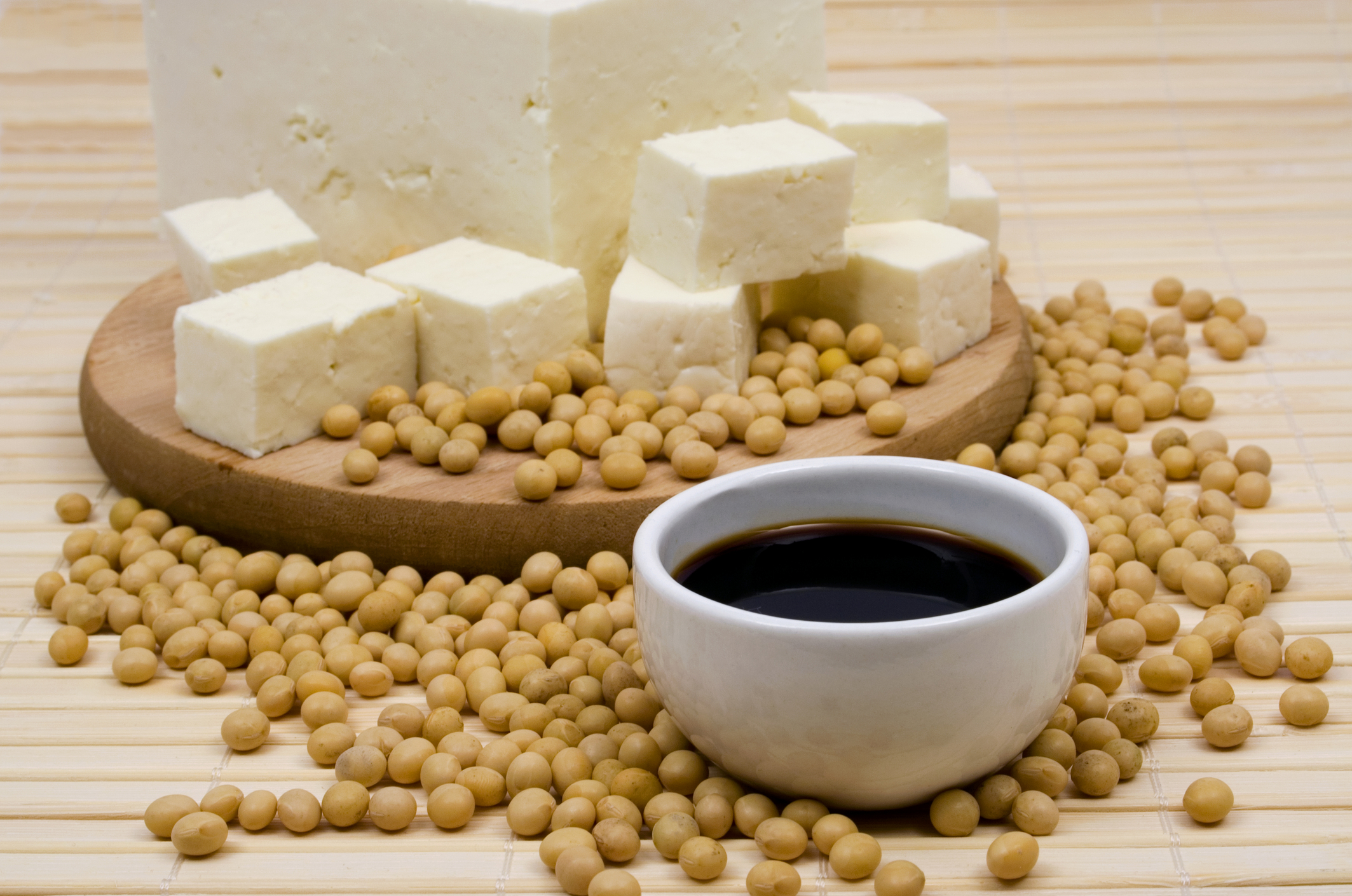Five Power-Packed Vegan Foods Bursting with Protein for Optimal Health
Arguably one of the most popular health foods today, quinoa is a gem for protein seekers, especially vegans. This grain crop, grown primarily for its edible seeds, is known as a pseudocereal. This means it is neither a cereal nor a grass, like wheat or rice, but is used in much the same way.
Quinoa is among the select few plant foods that contain all nine essential amino acids, making it a complete protein source. An uncooked 100g serving provides roughly 14g of protein, which is higher than that of most grains. With an impressive protein to carbohydrate ratio and a low glycemic index, quinoa provides sustained energy and can assist in weight management.
Not just protein, quinoa is also packed with fiber, iron, lysine, magnesium, B vitamins, potassium. Furthermore, it's gluten-free, making it an ideal choice for those with gluten intolerance. Quinoa’s versatility further enhances its appeal; it can be included in salads, soups, or even used as a grain substitute in many dishes.
Quinoa's nutritional composition positively influences numerous health aspects. It can enhance digestive health due to its fiber content, boost heart health due to its good fats, and assists in muscle building and repair because of its high-quality protein. Furthermore, the multitude of nutrients aids in overall well-being by supporting various bodily functions.
Soy - Versatile, Hearty, and Protein-Rich

Soy has been a cornerstone food item in many Asian diets for centuries and holds significant protein value for vegans. This versatile plant-based protein enjoys various forms, from tofu and tempeh to edamame and soy milk. Depending on its form, an approximate 100g serving of soy yields around 7-20g of protein.
Naturally low in saturated fat, soy foods are a rich source of omega-3 fatty acids and provide a multitude of vitamins and minerals including potassium, magnesium, and calcium. Additionally, soy is high in polyunsaturated fats, fiber, and various antioxidants.
The intake of soy has been linked to a wide range of health benefits, such as reducing cholesterol levels, improving metabolism, and boosting heart health. It also plays a vital part in bone health due to its significant calcium and magnesium content.
Moreover, fermented soy products like tempeh and natto present an excellent source of probiotics, contributing to a healthier gut microbiome. Consuming soy-based products provides ample opportunities to touch multiple bases in the nutritional spectrum while securing healthy protein intake.